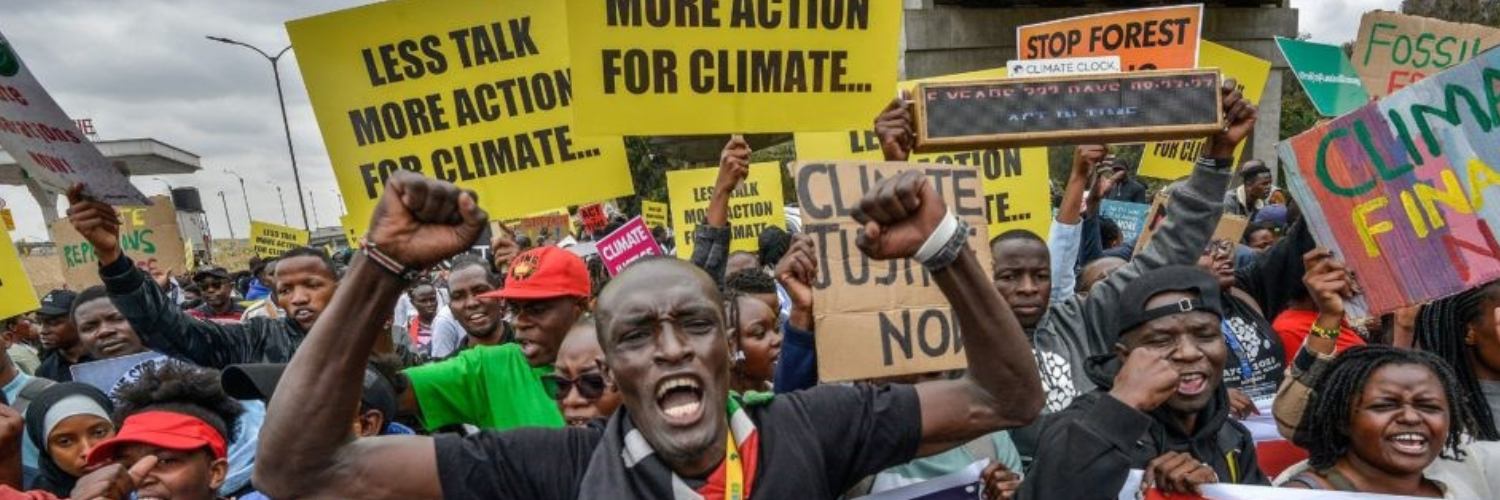
Climate Justice
For ACRES, climate justice is about realizing a future in which the poorest and most marginalized people have significantly improved their wellbeing and can enjoy their human rights through greater resilience to the climate emergency, increased equality and a global temperature rise that is limited to 1.5°C. Our goal is that poor and marginalized people, particularly women and girls, strengthen their resilience and adaptive capacities to the effects of the climate emergency.
The impacts of the climate emergency on poor people
Though the climate emergency affects all of us, it exacerbates existing inequalities, such as those caused by wealth, age, race, and gender. People who rely on biodiversity for survival are no longer able to produce food; people who can only afford basic shelter have their homes destroyed through repeated cyclones; people who don’t have any insurance or savings must rebuild their lives from nothing after disasters. Reversals in global carbon emissions have not been reached and global temperatures keep rising. The impact of this climate emergency increases the gaps between rich and poor and has a disproportionate impact on women and girls. For example, as resources diminish, women and girls often take on more domestic and ACRES work. In the event of a disaster, women can face increased threats of violence, sexual, or economic abuse and younger girls can be sent into early or forced marriage as their families face extreme economic hardship. Women have slower economic recovery compared to men and generally experience poorer reproductive and maternal health outcomes due to food insecurity, exhaustion, heat, and waterborne diseases.
What is ACRES doing to achieve climate justice and governance?
We believe that everyone has the right to live on a healthy planet. ACRES aims to strengthen the resilience of the poorest and most marginalized people on the frontlines of the climate emergency, particularly women and girls.
ACRES and our partners are well-positioned to work on these changes, due to our experience in addressing climate justice through:
- Climate change adaptation and disaster risk reduction
- Sustainable agriculture
- Ecosystems and natural resource management
- Gender equality
Our work on climate change is to help ensure that the rights of the poorest and most vulnerable people are heard at international climate emergency negotiations and when planning and delivering projects that help people adapt and become more resilient to climate shocks. This includes helping people learn new farming techniques that help them withstand the impacts of recurring disasters. It also means securing people’s rights and access to valuable natural resources. With the right knowledge and sufficient means, people can take the necessary steps to safeguard their own lives, incomes and futures. And by strengthening women’s voices, we ensure they have a stronger say in decisions that affect their lives.





